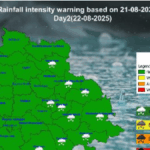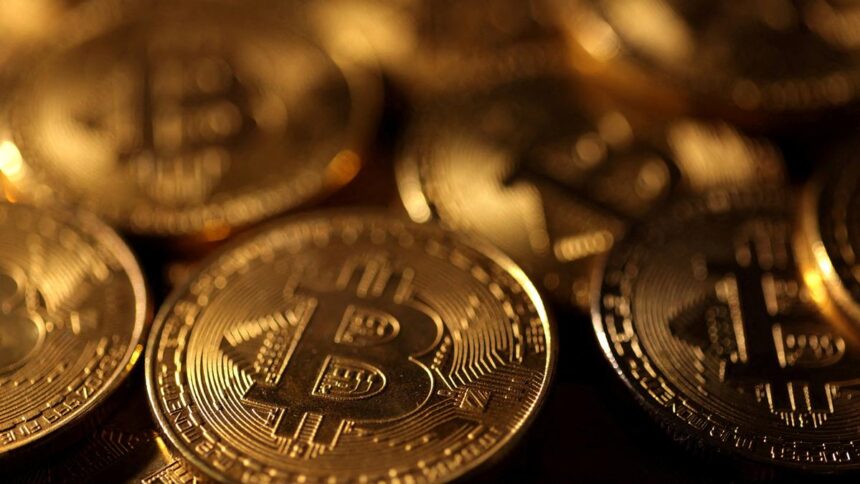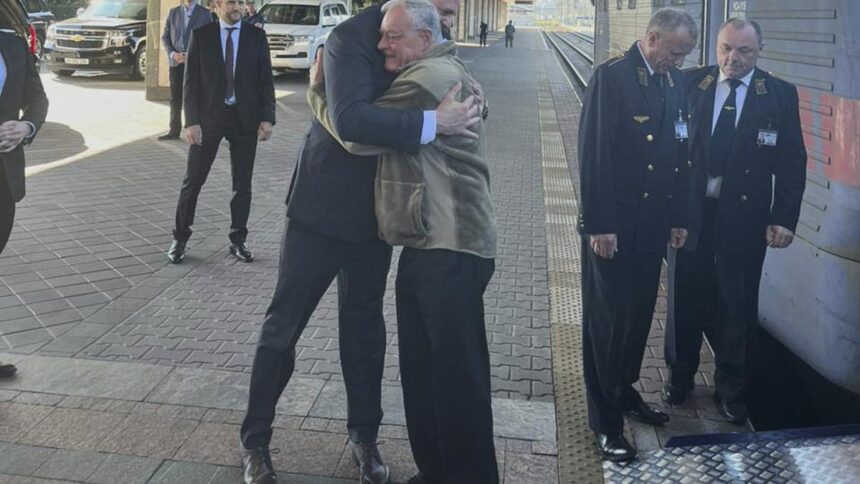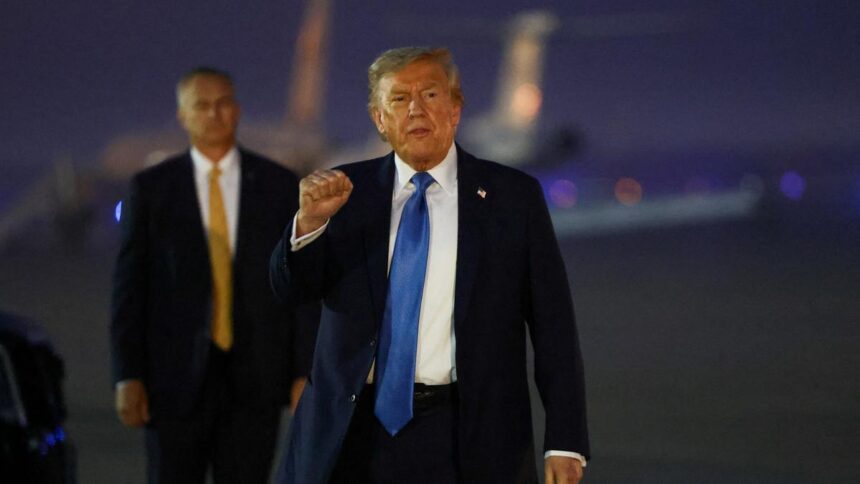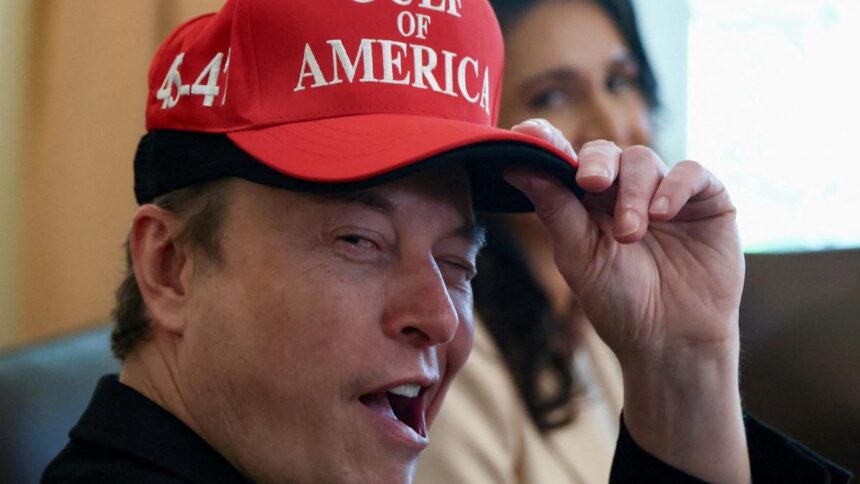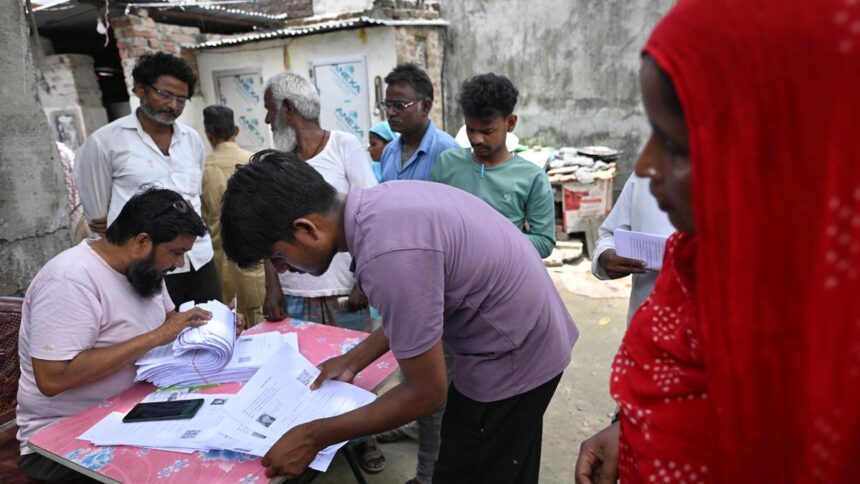(This article is part of the View From India newsletter curated by The Hindu’s foreign affairs experts. To get the newsletter in your inbox every Monday, subscribe here.)
An Israeli strike on August 10, 2025, targeting Al Jazeera staff in a tent near Al-Shifa Hospital in Gaza City killed six journalists, four of whom were Al Jazeera staff, including Anas al-Sharif and Mohammed Qreiqeh, and cameramen Ibrahim Zaher and Mohammed Noufal. The two other journalists killed were Moamen Aliwa and Mohammad al-Khaldi. Israel accused Al Jazeera reporter Anas al-Sharif of “terrorist affiliation.” — unsurprising in a world where state and deep state actors target messengers who put out information that causes them discomfort or brings greater scrutiny. The line between the state’s proportionate and strategic response to terror, and the state’s own brand of terror, unleashed on ordinary citizens of another country or one’s own, must never blur.
To start with, there aren’t enough of us in the world telling the Gaza story. Western legacy media, especially in the U.S., stand exposed for their deep, shameful prejudices and worse, silences. Meanwhile, some of our colleagues in Gaza are dropping dead, while bringing to light this brazen carnage. A whole generation is being “wiped out” in Gaza, as the United Nations Relief and Works Agency for Palestine Refugees observed recently.
Over 60,000 people have been killed by Israeli forces until now in Gaza since October 2023. Among them are more than 200 journalists. Our colleague Sambavi Parthasarathy in The Hindu’s data team combs through the statistics and shows us how Israel, while continuing to pound one of Palestine’s non-contiguous regions — Gaza — is slowly asserting “sovereignty” over the other — West Bank. The UN has said that displacement of Palestinians in West Bank has hit levels not seen since the start of Israel’s occupation.
With no respite in sight yet, it is distressing to see so many, including journalists, embracing the official narrative without the slightest scepticism. The Palestinian issue did not begin in October 2023. In this valuable explainer, which traces the history of Israel-Palestine relations from the end of the Second World War, Stanly Johny tells us why several peace agreements lie in tatters, and why there is no Palestinian state till date.
In another timely analysis, Stanly Johny writes: When the world pushes for a two-state solution, Israeli Prime Minister Benjamin Netanyahu continues to push for a no-state solution — no sovereignty for the Palestinians, no state for the Palestinians and no rights for the Palestinians. Why is that so, when Israel’s closest allies are beginning to recognise Palestinian sovereignty and subjectivity? Blinded by their shared ethno-nationalist ideology and drunk with hard power, Mr. Nentanyahu and his far-right allies Bezalel Smotrich and Itamar Ben Gvir are programmatically incapable of grasping the shifts unfolding around them, he writes.
More theatrics, no deal
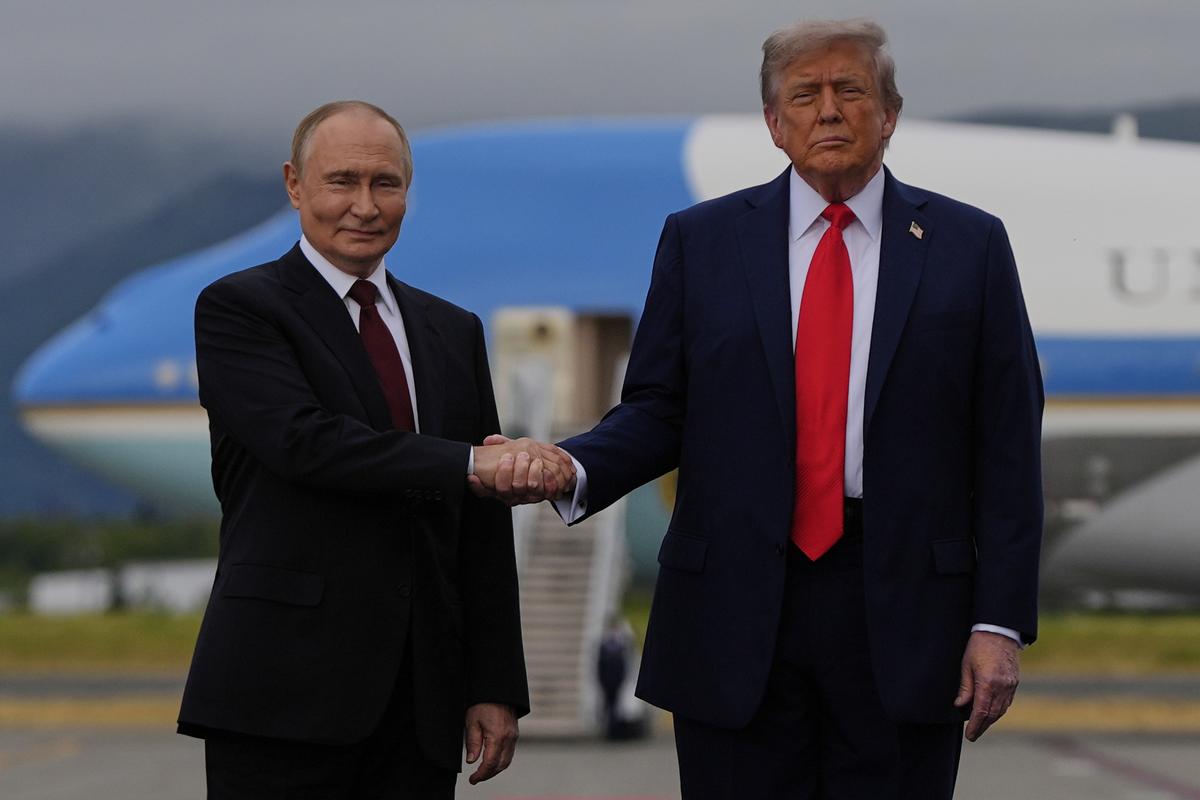
President Donald Trump greets Russia’s President Vladimir Putin Friday, Aug. 15, 2025, at Joint Base Elmendorf-Richardson, Alaska. AP/PTI(AP08_16_2025_000003A)
| Photo Credit:
Julia Demaree Nikhinson
The much-watched summit between U.S. President Donald Trump and his Russian counterpart Vladimir Putin August 15, 2025 in Anchorage, Alaska, did not yield a breakthrough on the Ukraine war.
“We had an extremely productive meeting and many points were agreed to, there are just a very few that are left,” Mr. Trump said. “We didn’t get there, but we have a very good chance of getting there.” Mr. Putin, on the other hand, said: “We see the desire of the U.S. administration and President Trump personally to facilitate the resolution of the Ukrainian conflict, his desire to delve into the essence and understand its origins.”
Read together, it’ll seem like the leaders are on the brink of announcing a ceasefire. But it was a “no ceasefire, no deal” meeting, as many global headlines put it. Statements and optics mean little in the absence of real outcomes. Theatrics don’t automatically spawn solutions. Serious political engagement that reconciles short-term and long-term interests, while prioritising the safety of scores of ordinary people, does. Also, you can’t steadfastly back one deadly war and claim to be able to stop another swiftly.
“The challenge before Mr. Trump is to sustain the talks aimed at narrowing the differences further to reach a workable compromise. While it makes perfect sense to end the war on practical terms, Mr. Trump should not impose an agreement on Kyiv. Peace would prevail in Eastern Europe only if Ukraine’s security concerns are addressed and it is provided with credible assurances that Russia would not invade it again,” The Hindu noted in its editorial.
And now, global media is tracking the next big meeting between Mr. Trump and Ukraine’s President Volodymyr Zelenskyy. Follow The Hindu’s live updates here. Mr. Zelenskyy has also made a pitch for India to play a role in resolving the Russia-Ukraine conflict, writes Suhasini Haidar.
Top 5 stories this week:
1. India hit out at the Pakistani leadership for “reckless warmongering and hateful comments” as well as The Hague-based Court of Arbitration (CoA) for questioning India’s decision to suspend the Indus Waters Treaty (IWT) after the Pahalgam terror attack – Suhasini Haidar reports
2. Chinese Foreign Minister Wang Yi to visit India amidst uncertainties in India-U.S. trade ties, Kallol Bhattacherjee reports.
3. Jeremy Corbyn | The British Left’s second act – Srinivasan Ramani on how the former Labour leader is trying to mobilise left-wing voters under his new party, as Labour under Keir Starmer struggles to maintain public support
4. Alaska | Chilling past, warm present: Sruthi Darbhamulla writes on the former Russian region sold to the U.S. in 1867, which still bears traces of Russian cultural influence, that hosted Trump and Putin for a historic summit
5. Honour India’s legacy, defend its democracy: Independence Day this year is a stark reminder of the state India is in; it is a reminder of how Indians should resist any moves to undermine the country’s constitutional principles, writes Kerala Chief Minister Pinarayi Vijayan.
Published – August 18, 2025 02:16 pm IST





